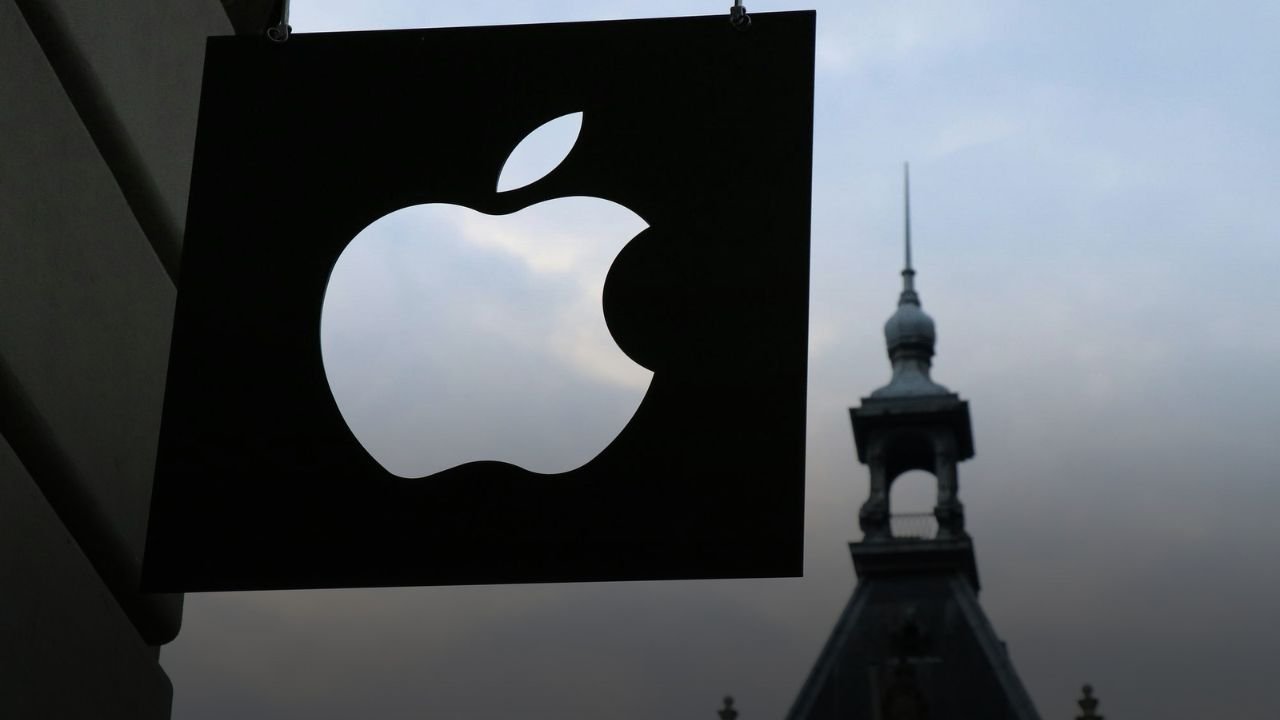Apple Wins iCloud Storage Lawsuit After Court Rejects Deception Claims
UNITED STATES — Apple secured a major legal victory this week after the Ninth Circuit Court of Appeals rejected claims that the company had deceived iCloud users by allegedly failing to deliver promised cloud storage. The ruling puts an end to a proposed class action brought by Lisa Bodenburg, who argued that Apple shortchanged users on their iCloud plans.
The three-judge panel affirmed a lower court’s dismissal, concluding that Apple had fulfilled its contractual obligations to subscribers and did not misrepresent its iCloud storage offerings, as claimed.
As reported by Bloomberg Law, Bodenburg’s main argument hinged on her expectation that purchasing a 200 GB iCloud+ plan would be added to the 5 GB of free space included for all users, resulting in a total of 205 GB. Apple maintained that the paid plan replaces the free 5 GB tier — not supplements it.
Court: No Deception, No Class Action
In the official opinion, the Ninth Circuit found Bodenburg’s interpretation to be a “misunderstanding of the storage tiers” and upheld Apple’s right to structure its plans accordingly.
According to AppleInsider, the court emphasized that Apple’s iCloud user agreement clearly spells out the terms of its subscription plans and does not guarantee cumulative storage across free and paid tiers.
The ruling also means Bodenburg’s effort to certify a national class action is now permanently blocked, with the court siding entirely with Apple on legal grounds.
Why the Lawsuit Was Filed
Bodenburg originally filed the complaint in 2023, alleging that Apple’s marketing created the impression that iCloud+ subscribers were entitled to both their paid and free storage capacities. Her lawyers claimed this practice misled consumers and violated false advertising and unfair competition laws.
The official complaint, which is publicly available via the U.S. Court of Appeals docket, drew attention from consumer rights advocates who questioned whether large tech firms were adequately disclosing how digital services are structured.
Still, the appellate court found no breach of contract or deceptive conduct and agreed with Apple that users receive the full amount of storage they pay for — just not in addition to the free baseline.
Similar Suits Still Brewing
Although Apple defeated this particular challenge, it still faces other iCloud-related lawsuits, including antitrust allegations about exclusive iCloud backup policies for iPhones. In June, a judge allowed a separate case to proceed over whether Apple monopolized backup storage by preventing third-party alternatives on iOS.
As reported by MacRumors, that lawsuit could raise broader questions about how Apple structures its ecosystem to limit consumer choice.
Meanwhile, TechHQ notes that legal experts see the Ninth Circuit’s decision in the Bodenburg case as a win for contract law clarity, affirming that companies are not liable for misunderstandings when policies are clearly stated in user agreements.
What iCloud Users Should Know
Apple currently offers a range of iCloud+ storage plans, including 50 GB, 200 GB, and 2 TB options. Users who subscribe to any paid tier automatically replace the free 5 GB storage — they do not stack or accumulate across plans.
The company provides full plan details on its official support site and encourages users to review their subscription agreements through Apple’s iCloud page.
Have you ever felt confused by how your cloud storage plan works? Share your thoughts and read more legal tech news at SaludaStandard-Sentinel.com.







